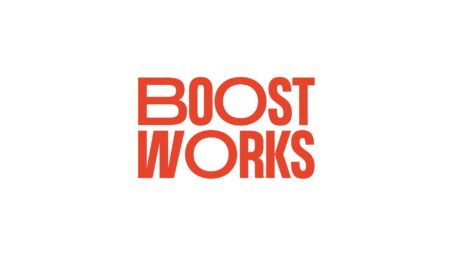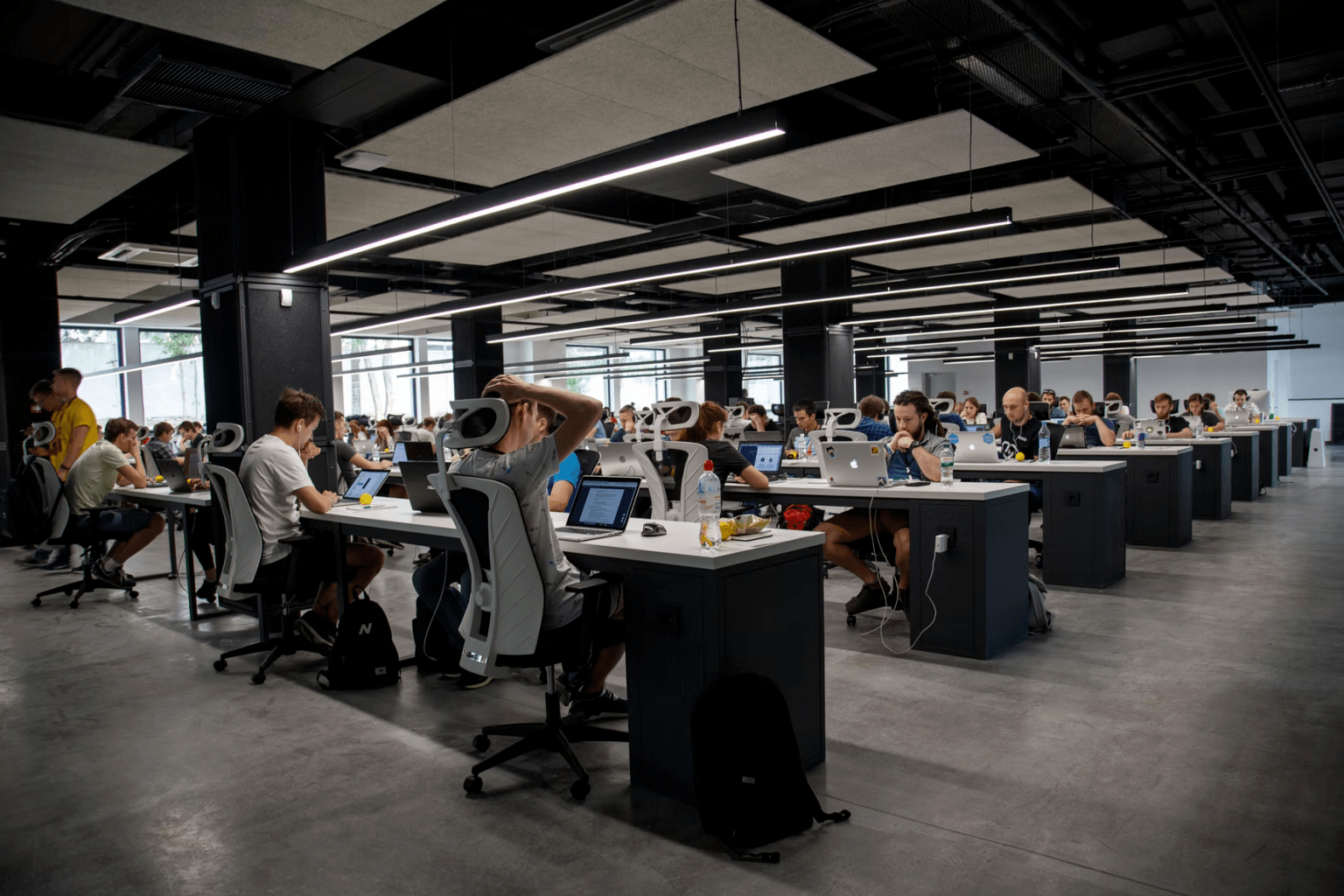
How workplace friendships vary across UK industries
Every workplace has colleagues who develop friendships that can last a lifetime, but how much does the industry you work in affect these workplace relationships? To find out, Rovva conducted a survey of 1,000 UK office workers revealing exactly how workers across a variety of industries feel about their friends at work. And how the pandemic has […]
Every workplace has colleagues who develop friendships that can last a lifetime, but how much does the industry you work in affect these workplace relationships?
To find out, Rovva conducted a survey of 1,000 UK office workers revealing exactly how workers across a variety of industries feel about their friends at work. And how the pandemic has impacted these relationships.
The research showed that those working in IT & Telecoms were most likely to say their work friends were important to their workplace happiness, with 72% saying so.
Meanwhile, those working in Travel & Transport don’t share the same sentiment, as they were least likely (53%).
Making friends with work colleagues doesn’t just have to be with the person opposite your desk, it could be with your manager or those that report to you.
In fact, those working in Sales, Media & Marketing are the most likely to make friends with their manager (70%). Whilst managers were most likely to report friendships with their staff in IT & Telecoms (69%).
Looking deeper into the data, it reveals that people working in the Sales, Media & Marketing sectors actually are more likely to make work friends in the first place, with an average of nearly five friends in each case.
Despite this, they’re not the most sociable industry. The poll results highlight that in fact, those working in Architecture, Engineering & Building are the most social industry, with a staggering 92% saying they often socialise with colleagues.
This is in stark contrast to the IT & Telecoms industry, as they’re the least social, at just 67%.
It’s not just socialising that makes us love our work besties, they’re also who we confide to in times of need.
Those in HR are the most likely to confide in their work friends about their mental health, with 23% saying they share these concerns, which more than any other sector.
But it’s clear they don’t share everything, as they’re also the least likely to confide about their work (7%).
Friendship isn’t just in person anymore either, especially during a pandemic. As we’ve all had to get used to working in new environments, many of us have found ourselves missing those watercooler conversations, and days out with our work pals.
People working in Architecture, Engineering & Building are the most likely to miss going out for lunch, with 46% saying so. Whilst 43% of people in HR are the most likely to miss chatting in the kitchen.
Out-of-work socialising was most missed by people working in Sales, Media & Marketing (just under half – 45%).
However, those in IT & Telecoms might be happier with some time alone, as they’re the least likely to have socialised with work friends pre-social distancing (31%), followed by Healthcare (28%).
Those working in the retail, Catering & Leisure sectors, have found a way around this though.
Workers from these industries add their colleagues on social media the most. Meanwhile, those working in Travel & Transport were least likely to connect with their coworkers online.
Jon Abrahams from Rovva, said: “We know that friendships really enhance the workplace for many people. Work lunches, activity days out and even just a quick chat in the office kitchen can really boost our moods during the work day.
“We’re not surprised to see that people have found it more difficult to make friendships in the workplace during the pandemic.
“After seeing the results of our survey, we hope that more people can find the time to get to know their colleagues better, creating long lasting friendships.”
-ENDS-
Notes to editor
*Censuswide survey was carried out between 3rd March and 5th March 2021, questioning 1,000 UK office workers.
Please find the full report here.
More in People

Art and design students team up with top sustainable fashion designers...
Oxford Brookes University students gained real life fashion industry experience by creating and building a set for two top British designers as part of London Fashion Week 2024.

GCSE & A-Level English Literature & English Language with Cherwell College...
The Power of Studying English Literature and English Language in Oxford

Lost in Translation? Employees says CEOs Don’t Speak Their Language of Appreciation
Boostworks study reveals 65% employee dissatisfaction rate with
current benefit programmes
From this author

The countries promoting a positive work-life balance in 2022
A positive work-life balance is proving increasingly important to employees across the world as perks and benefits prove vital, even leading to people relocating or switching industries as a result. Acuity Training has researched which countries are offering the best perks, promoting the idea of a positive work-life balance, examining factors such as holidays and […]


